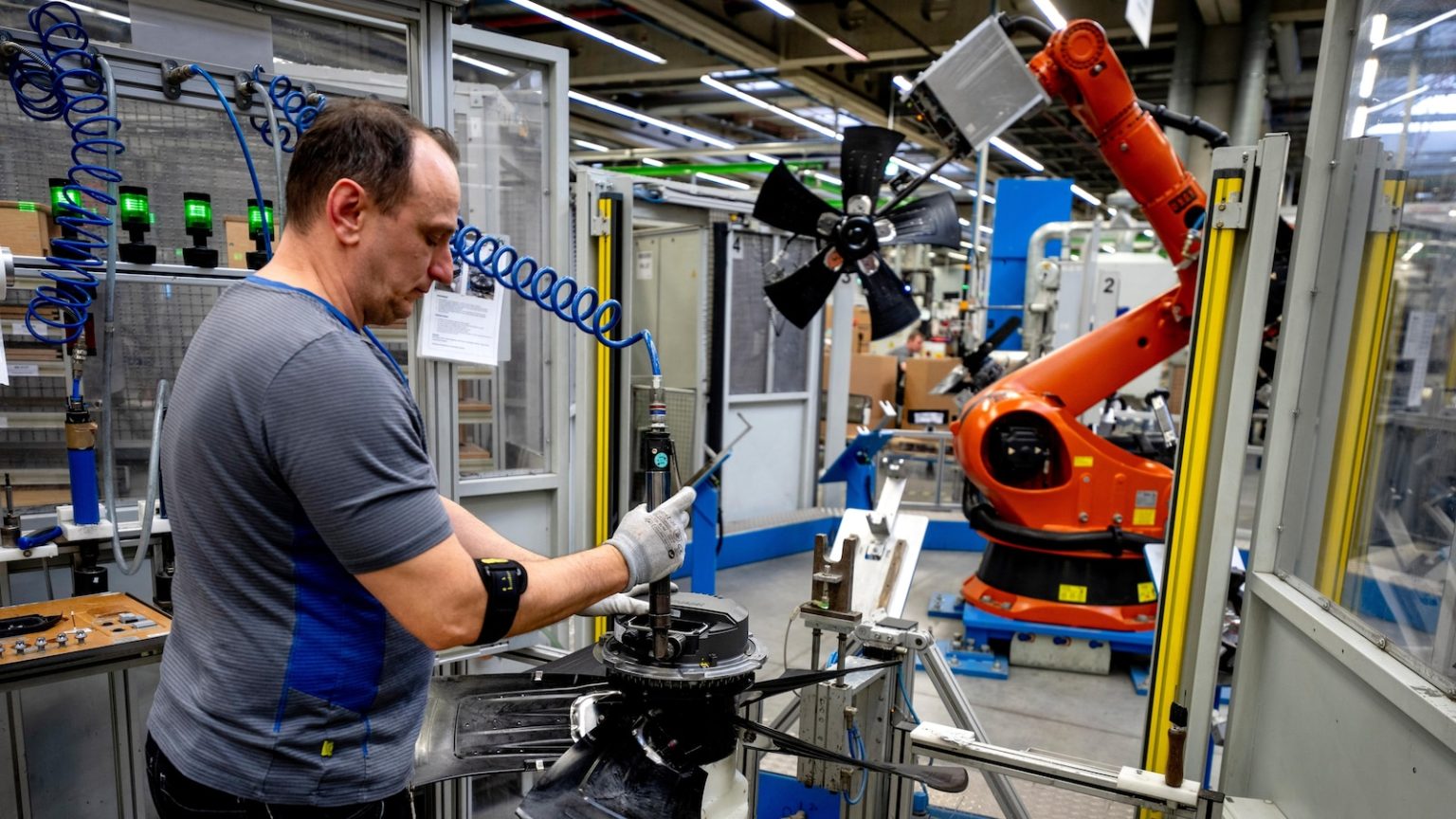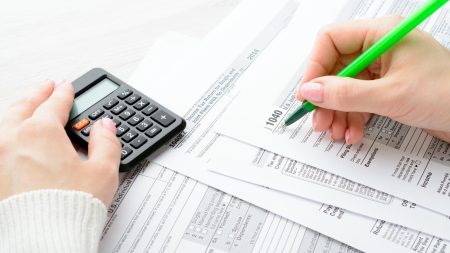Title: Understanding Germany’s Economic Challenges: A Comprehensive Overview
Introduction: Germany’s Economic Slowdown
Germany, once a powerhouse of Europe’s economy, is experiencing an unexpected slowdown. After years of robust growth driven by exports of engineered products like machinery and luxury cars, the country has seen stagnation. This stagnation, now in its fifth year, has raised concerns. The reasons are multifaceted, involving energy dependency, global competition shifts, infrastructure neglect, workforce shortages, and bureaucratic inefficiencies. This overview explores these challenges, providing insights into Germany’s economic landscape.
Energy Dependency: The Russian Gas Conundrum
Germany’s reliance on Russian natural gas proved detrimental when supplies were severed following the invasion of Ukraine. This dependency was rooted in a strategy to transition from nuclear power to renewables, using Russian gas as a bridge. The abrupt cutoff forced a switch to more expensive liquefied natural gas (LNG), significantly increasing costs for energy-intensive industries like steel and chemicals. This shift not only inflated operational expenses but also highlighted vulnerabilities in Germany’s energy strategy, underscoring the need for accelerated renewable energy adoption.
Global Competition: The Rise of China
China’s emergence as a manufacturing giant has reshaped the global market, impacting Germany. Initially benefiting from China’s demand for machinery and cars, Germany now faces fierce competition. Chinese companies, supported by government subsidies, produce similar goods at competitive prices, eroding Germany’s market share. The automotive industry exemplifies this shift, with China exporting five million vehicles annually by 2024, contrasting with Germany’s declining exports. This competitive pressure necessitates innovation and adaptability from German industries.
Infrastructure Neglect: The Price of Complacency
During prosperous times, Germany underinvested in critical infrastructure, affecting transportation and technology sectors. Delays in projects like high-speed internet expansion and renewable energy transmission lines hinder economic growth. For instance, a key bridge closure in 2021 disrupted industrial connectivity, reflecting broader infrastructure deficits. Budget constraints, partly due to a constitutional amendment limiting deficit spending, compound these challenges. Addressing these issues requires strategic investment to modernize and enhance connectivity.
Workforce Shortages: The Skills Gap
Germany faces a critical shortage of skilled workers, from IT specialists to care providers. A survey by the German Chamber of Commerce and Industry revealed 43% of companies struggling to fill positions, rising to 58% for larger firms. This gap stems from declining interest in STEM fields among students, an aging population, and limited childcare options reducing female workforce participation. Despite efforts to ease immigration for high-skilled workers, bureaucratic hurdles persist, exacerbating the shortage. Tackling this requires comprehensive educational and policy reforms.
Bureaucratic Hurdles: The Red Tape Challenge
Complex regulations and lengthy processes impede economic progress in Germany. From delays in wind turbine permits to cumbersome solar panel registrations, red tape increases costs and discourages investment. Examples like manual logging of refrigerator temperatures in restaurants illustrate inefficiencies. Additionally, stringent supply chain regulations beyond EU requirements disadvantage German companies. Streamlining processes and reducing bureaucratic burdens could enhance economic efficiency and attract investment.
Conclusion: Navigating the Path Ahead
Germany’s economic challenges are complex, requiring multi-faceted solutions. While the transition to renewable energy and addressing workforce shortages offer opportunities, infrastructure and regulatory reforms are essential. Collaboration between government, industry, and education can foster innovation and competitiveness. Though the road ahead is challenging, proactive measures can help Germany regain its economic momentum, ensuring long-term prosperity amidst global shifts.















